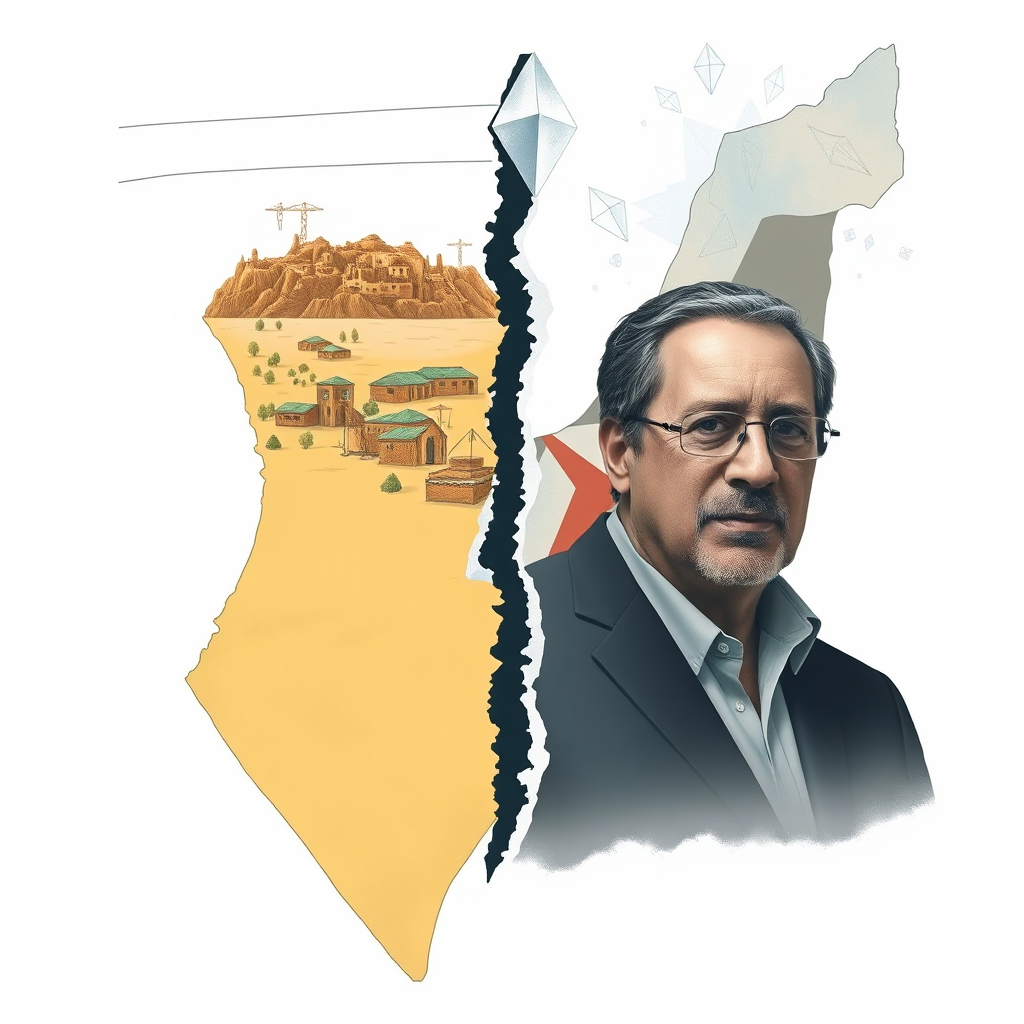UK Sanctions Israeli Ministers Over Violence, Settlements

The United Kingdom, alongside Canada, Australia, New Zealand, and Norway, has imposed sanctions on Israeli ministers Itamar Ben-Gvir and Bezalel Smotrich, citing their role in inciting violence against Palestinians in the occupied West Bank. The move, which includes travel bans and asset freezes, reflects growing international concern over escalating tensions and the expansion of Israeli settlements – considered illegal under international law by the United Nations.
British Foreign Secretary David Lammy stated the sanctions are a direct response to “repeated incitement of violence” and “serious abuses of Palestinian human rights,” emphasizing a commitment to holding those responsible accountable. The decision comes amidst increased pressure on Prime Minister Benjamin Netanyahu’s government to ease the blockade on aid entering Gaza, where a humanitarian crisis is rapidly unfolding.
The sanctions effectively bar Ben-Gvir and Smotrich from entering the U.K., freeze any assets they may hold within the country, and prevent them from engaging with British companies. The British Foreign Office has also called on Israel to address settler violence and uphold international humanitarian law, particularly in Gaza. This action follows the suspension of trade agreement negotiations with Israel in May.
The move is a significant escalation of diplomatic pressure, rooted in a joint statement signed by Prime Minister Keir Starmer, Canadian Prime Minister Justin Trudeau, and French President Emmanuel Macron, condemning both the Gaza blockade and West Bank settlement expansion. Currently, over 529,000 Jewish settlers reside in the West Bank, excluding East Jerusalem.
Ben-Gvir and Smotrich, leaders of far-right parties now holding considerable power within Netanyahu’s coalition, have long been controversial figures. Smotrich, who recently announced plans for 22 new settlements, has openly called for a return to Gaza and advocated for segregated maternity wards. Ben-Gvir, a former disciple of the extremist Rabbi Meir Kahane and once convicted of inciting racism and supporting a terrorist organization, remains a staunch proponent of settlement expansion.
The sanctions are a clear signal of international disapproval of the current Israeli government’s policies and a demand for greater respect for Palestinian rights and international law. While Israel’s Foreign Minister Gideon Saar has condemned the sanctions as “outrageous,” the international community appears increasingly resolute in its stance.
It’s a precarious situation. While the sanctions are unlikely to fundamentally alter the Israeli government’s trajectory in the short term, they represent a crucial step in holding individuals accountable for actions that contribute to a cycle of violence and impede the prospects for a lasting peace. The international community must continue to apply consistent pressure and explore all available diplomatic avenues to de-escalate tensions, protect civilians, and advance a just and sustainable resolution to the Israeli-Palestinian conflict. The current path is unsustainable, and a failure to act decisively will only exacerbate the humanitarian crisis and further entrench the cycle of violence.